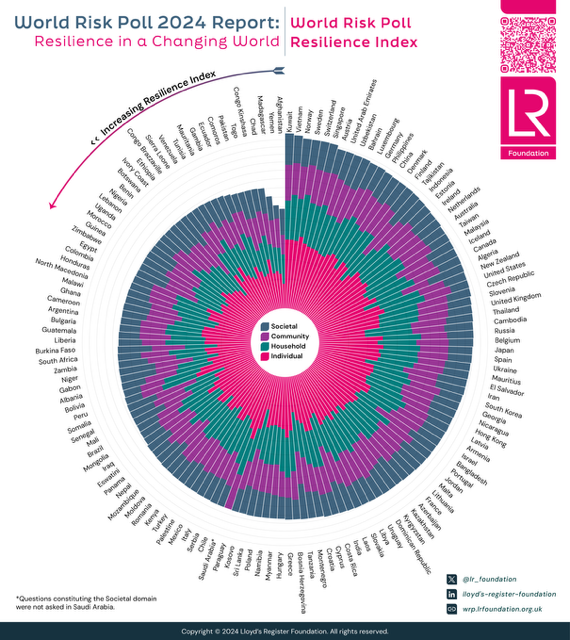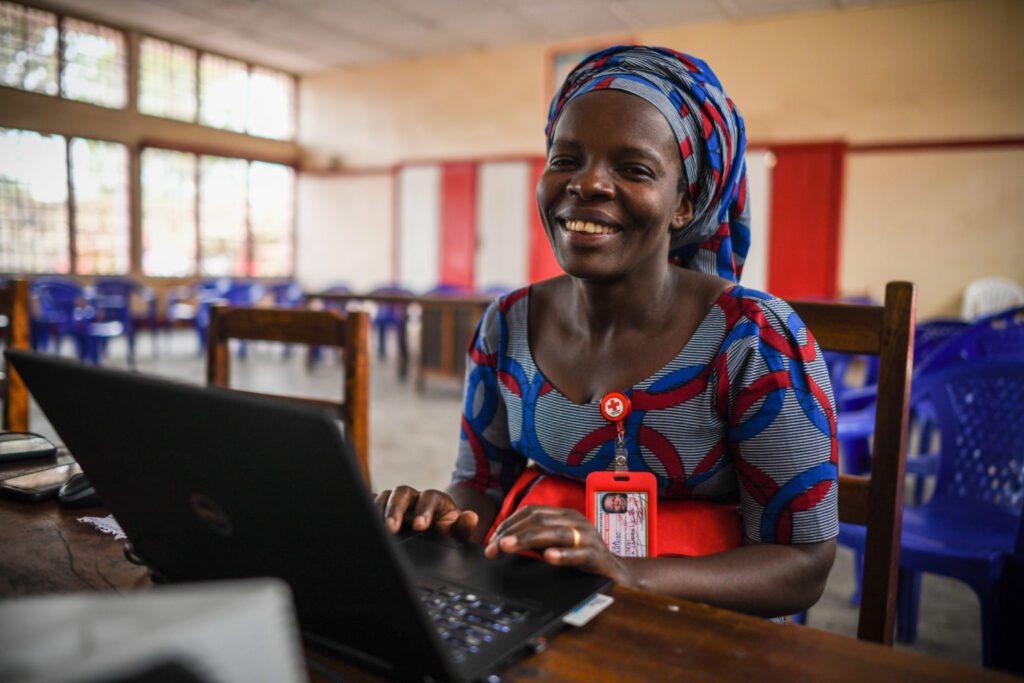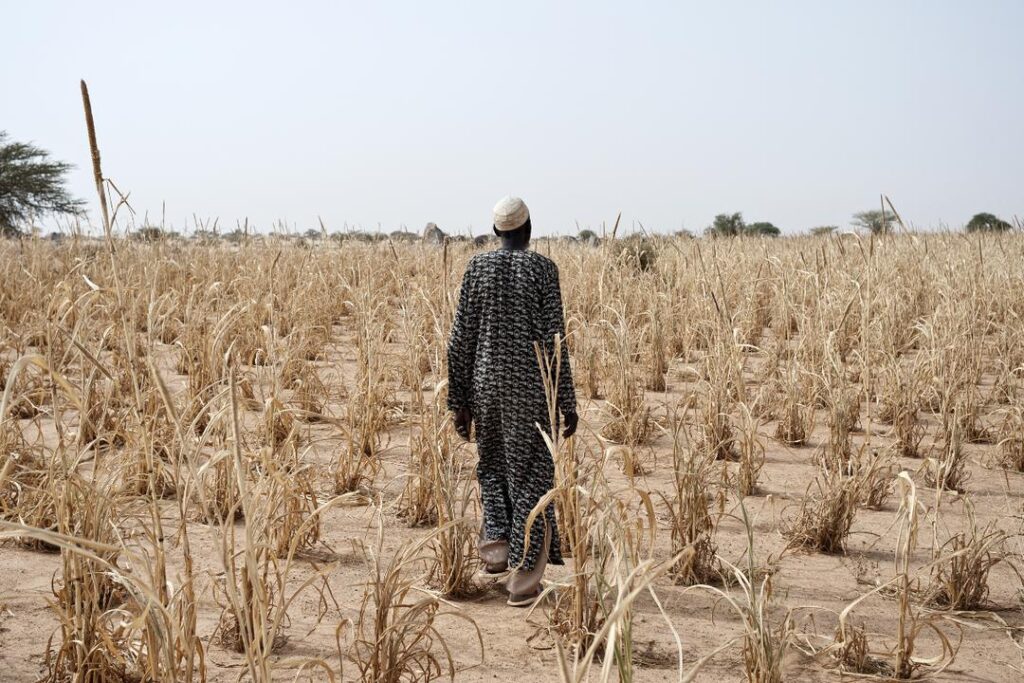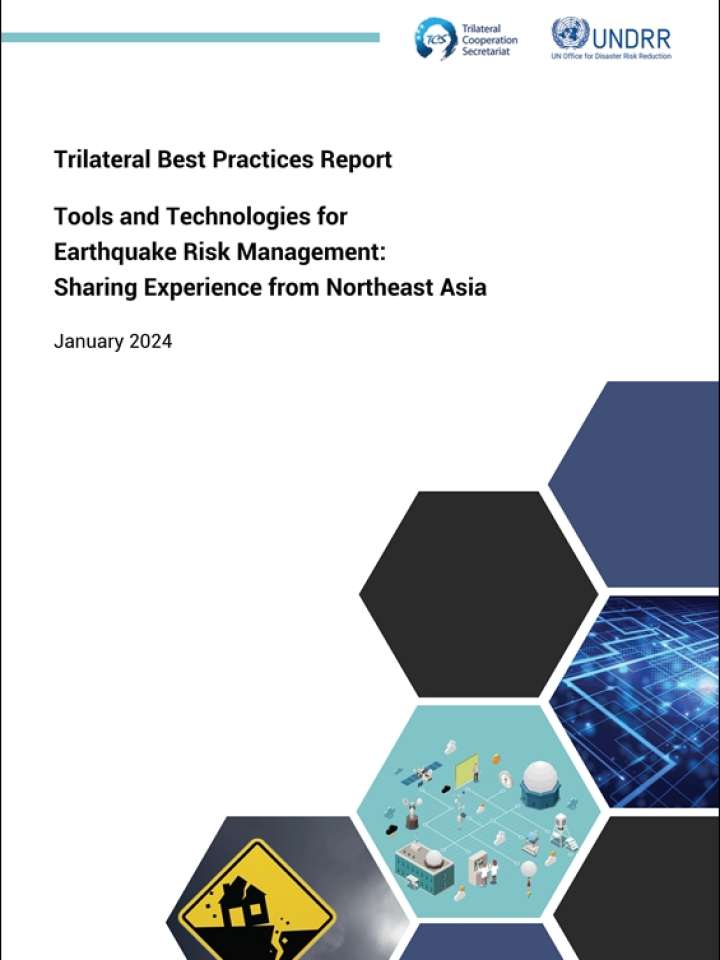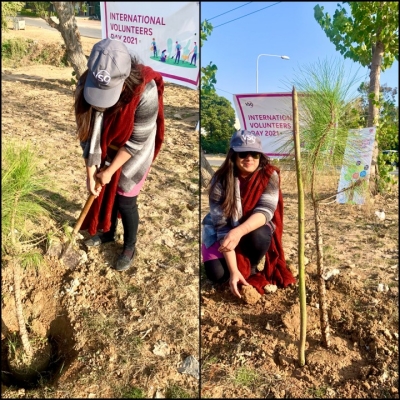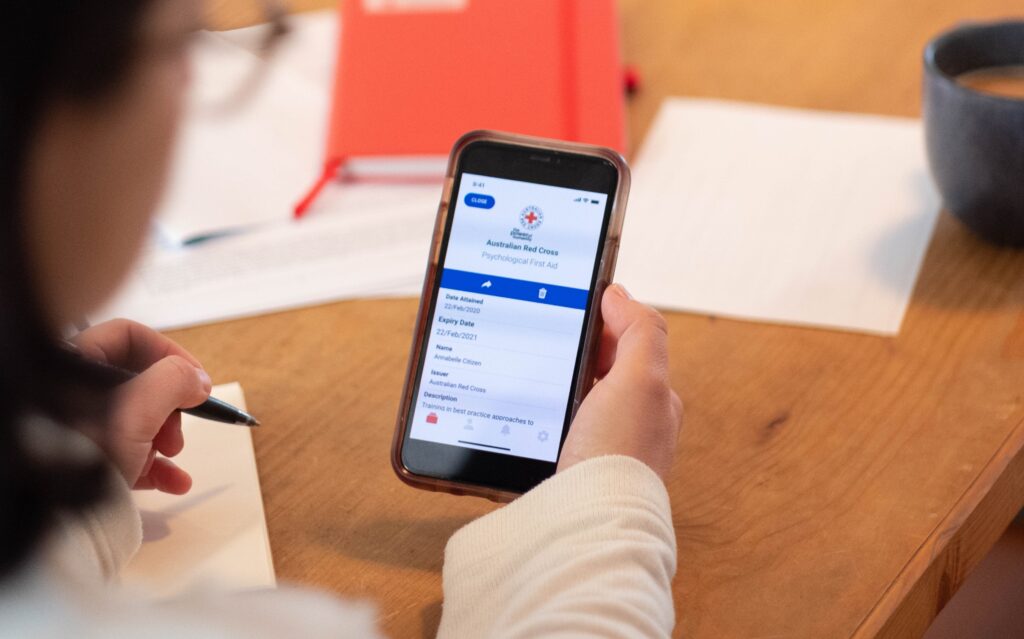Pakistan’s path to sustainability: Advancements in cleaner production, a circular economy, and climate-smart solutions
Pakistan is at a critical juncture in its sustainability journey, a moment characterized by diverse landscapes and resilient communities. This commentary explores the multifaceted approach necessary to tackle the nation’s environmental, economic, and societal challenges within the framework of cleaner production, a circular economy, and climate-smart solutions. Environmental issues loom large, with rising air and water pollution, land degradation, and the increasing threat […]

